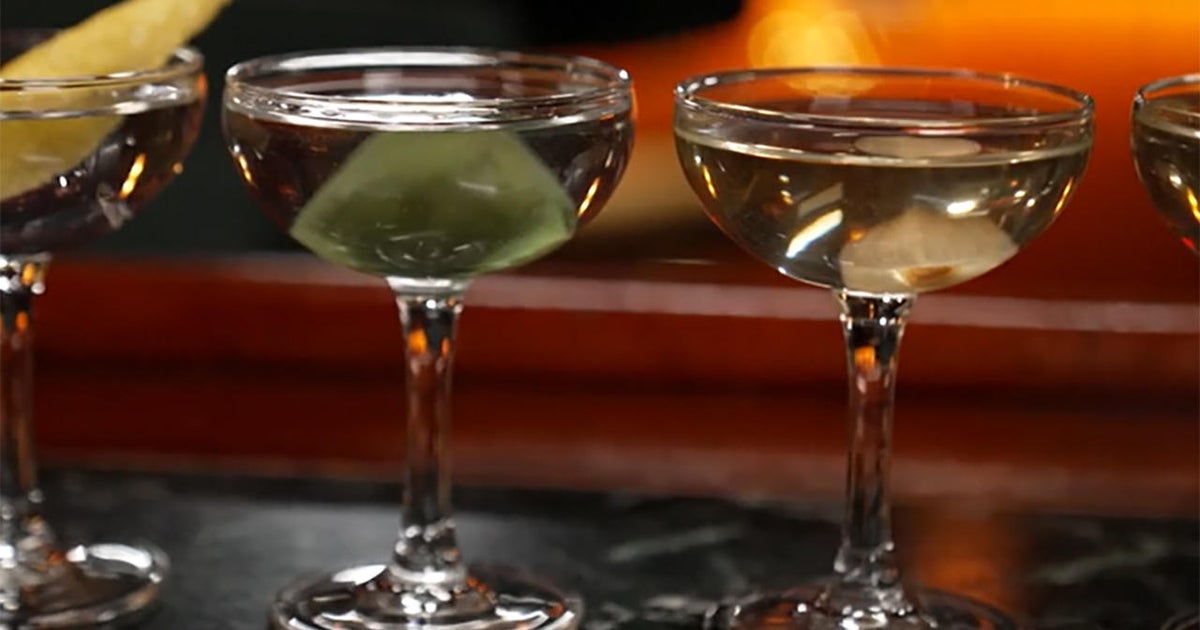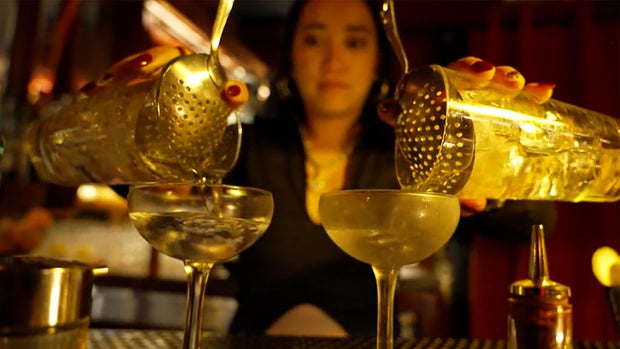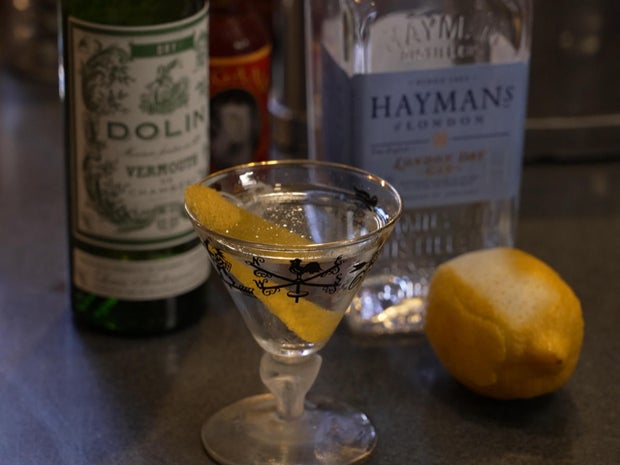CBS News
Congrats, you just got a “dry promotion” — no raise included

Is a workplace promotion really a promotion if it doesn’t come with a raise? The short answer is no, but that isn’t stopping a growing share of U.S. employers from offering workers what’s known as a “dry promotion.”
Also known as a no-raise promotion, a dry promotion is when a worker gets an upgraded title and more job responsibilities, but without an upgrade in compensation. The trend isn’t new, but tends to resurface when the economy falters, according to a recent Wall Street Journal article noting that the number of employers offering people new job titles in lieu of commensurate raises has increased 5% since 2018, to 13% in 2024.
Like a bar that doesn’t serve alcohol, dry promotions lack the heady ingredient that most clearly signals how much a business values an employee — money. So how should workers respond when their boss asks them to take on a greater role without also getting a bump in salary?
“They should reply by negotiating — negotiating and negotiating,” Ray Smith, the Wall Street Journal reporter who wrote the piece, told CBS News. “And, basically, they can say, ‘OK, I’d like to do this, I’d like to take this on, but can we talk about a salary increase? Or can we revisit the issue of a salary increase in three months if it’s not possible now?”
Women tend to feel greater pressure than men to accept a dry promotion and often don’t take up the issue with their managers, Smith said, citing job coaches.
“Women just tend to feel like they need to say yes to this promotion because they’re either not going to get another one, or another opportunity, or they don’t feel like they have the right or the confidence to negotiate or to stand up for themselves and say, ‘I deserve more because you’re giving me more responsibilities and you’re asking me to take these additional responsibilities on, and it’s not fair…” he said.
Two-thirds of female professionals think their salaries are unfair, according to a recent survey by Glassdoor that also noted that women at every level of education earn 20% less than their male counterparts for doing similar jobs.
Are there advantages?
Judging from comments on Reddit in reaction to a thread called “Promotion but no salary increase,” most people view dry promotions as unfair. But even without a salary increase, there can be benefits to a dry promotion, Smith said, sometimes giving employees a shortcut to a bigger role and, ultimately, higher pay.
“You can stay with the company and [let] it sort of give you goodwill because they think you’re a team player,” Smith said. “You get to network, you have this bigger title, you get to meet people you might not necessarily meet if you were in your lower position — so it’s a chance to network and maybe get higher faster.”
And if it doesn’t lead to any of those things, employees can at least come away with a higher-level title and perhaps a wider range of experience, which could lead to opportunities with another employer.
“You can sort of put that on your Linkedin or on your resume as you got this title and maybe you didn’t get the money now, but that puts you in the marketplace,” Smith said. “Recruiters will see that, other companies will see that, so it’s a chance for you to have better opportunities and get what you’re worth somewhere else.”
CBS News
What makes a martini a martini?

Watch CBS News
Be the first to know
Get browser notifications for breaking news, live events, and exclusive reporting.
CBS News
What makes a martini a martini?

Nowadays, what makes a martini a martini? Robert Simonson, who wrote a book about the martini, said, “It’s funny: it’s strict and loose at the same time.”
Ten Speed Press
Everyone seems to have an opinion about the cocktail: “Ingredients, proportions, garnishes – it’s all subject to debate,” Simonson said. “I’m a purist. I would think it needs to be gin and vermouth. But I’m willing to bend and say, ‘Okay, vodka and vermouth as well.’ [However,] if there’s no vermouth in there, I don’t know how you can call it a cocktail.”
Simonson says the martini was probably named after a vermouth company. It was invented in America in the 1870s or ’80s when bartenders mixed gin with vermouth, a fortified wine made with herbs and spices. “It’s a very big player in cocktail history,” he said.
In the early 20th century, the “very-dry” martini became very-popular: Ice cold gin or vodka, garnished with a lemon twist, or an olive, or an onion, but only a little vermouth (or maybe not even a little).
Samantha Casuga, the head bartender at Temple Bar in New York City, says the reason why many people might not want vermouth in their martini is because, for years, vermouth was stored improperly. “It should be in the fridge,” she said.
CBS News
Casuga’s classic martini is two parts gin, one part vermouth, with a twist of lemon. She suggests that you probably shouldn’t order it the way James Bond does – shaken, not stirred. Casuga says she’s always stirring, but some people like the show behind the bar when a bartender shakes their cocktail. “Definitely, people love a good shake,” she said.
People also love to have a martini made just the way they want it. But Casuga understands why they might be so specific: “To have your own preferences, not only listened to and then executed, is, like, that’s luxury itself.”
Writer Robert Simonson says that a martini can also add a little luxury to your Thanksgiving. “It actually makes very good sense for Thanksgiving,” he said. “It will whet your appetite for the meal to come.
“There are very few American inventions more American than the martini. So, an American holiday, American drink.”
CBS News
For more info:
Story produced by Mary Raffalli. Editor: Remington Korper.
“Sunday Morning” 2024 “Food Issue” recipe index
Delicious menu suggestions from top chefs, cookbook authors, food writers, restaurateurs, and the editors of Food & Wine magazine.
CBS News
NATURE: Turkeys in South Dakota

Watch CBS News
Be the first to know
Get browser notifications for breaking news, live events, and exclusive reporting.




